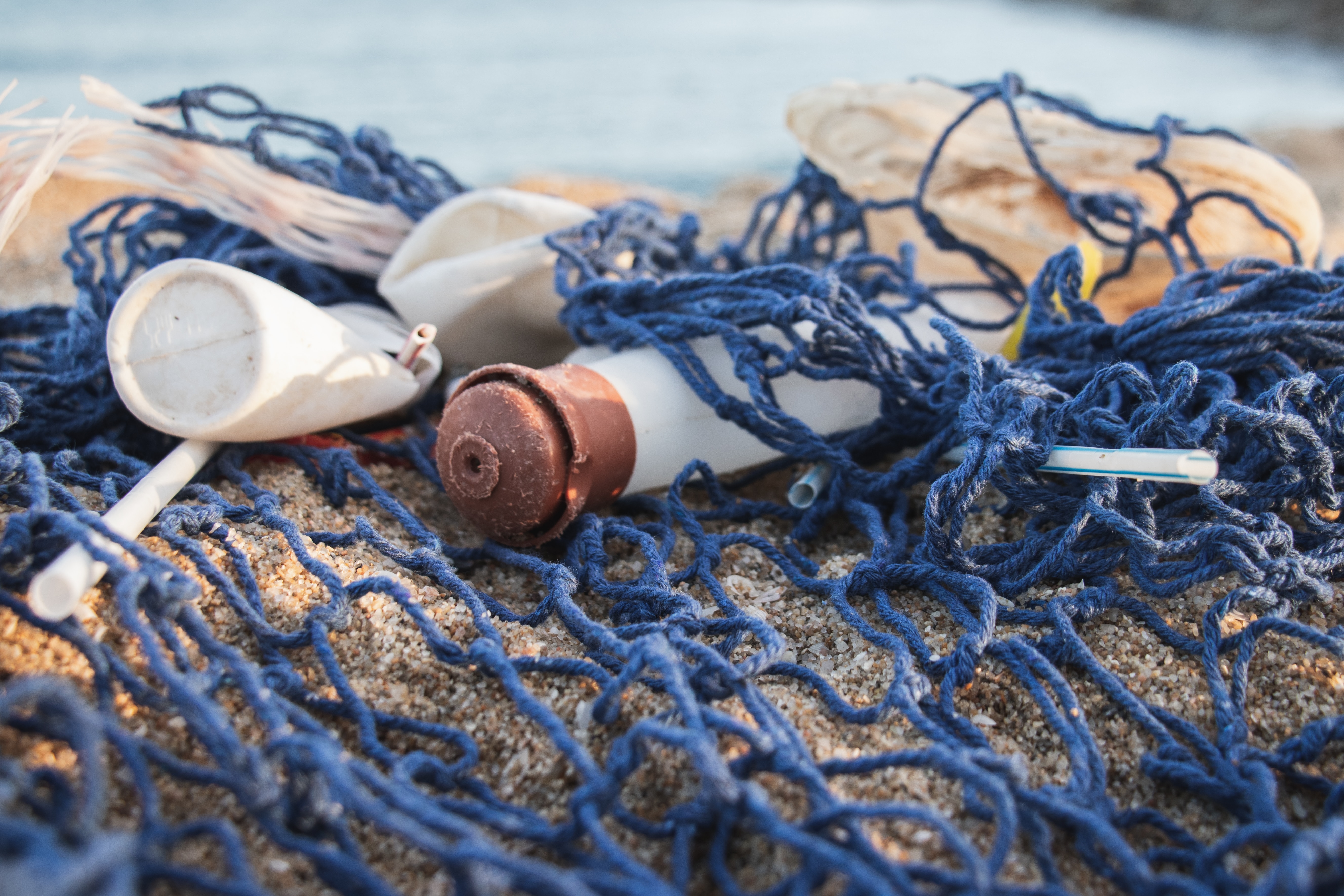News release
From:
Attachments
Note: Not all attachments are visible to the general public. Research URLs will go live after the embargo ends.

Journal/
conference: Science of the Total Environment
conference: Science of the Total Environment
Research:Paper
Organisation/s:
University of Auckland, Eurofins Environment Testing Australia and New Zealand, Australia, Auckland Transport, Auckland
Funder:
We acknowledge the University of Auckland for providing the doctoral scholarship to the lead author. We also acknowledge the funding from the Auckland Transport for analysis of some samples.



 New Zealand
New Zealand


